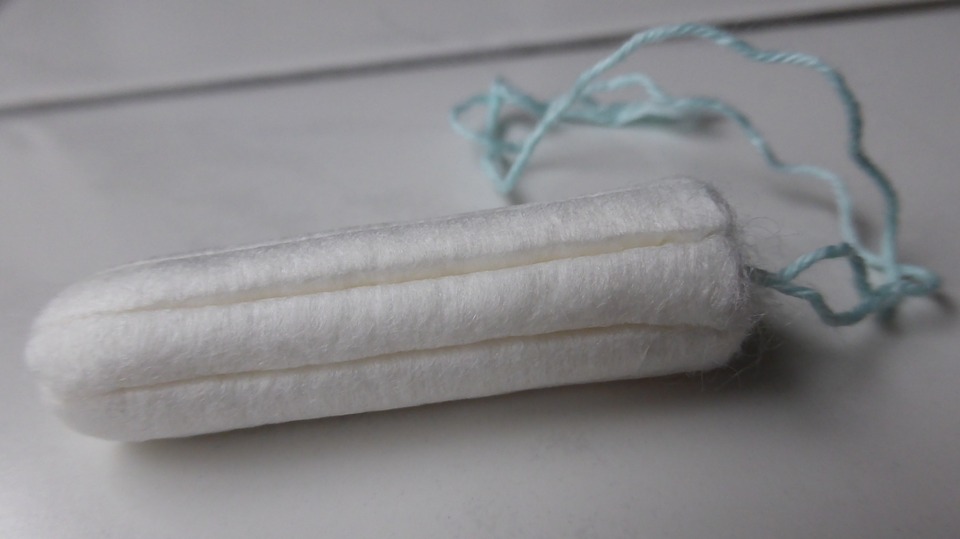Yasmine discusses the ever-important topic of period stigma, and why normalisation is necessary.
“Do you have a tampon?”
This is a question often uttered in whispers. What follows is a swift but discreet exchange before the tampon is quickly shoved into a bag or pocket and rushed to the bathroom.
We have been taught from an early age that periods are embarrassing and should not be openly talked about. But this begs the question: why? If it is such a natural part of reproduction, why are periods taboo?
Historians and scholars alike have debated about this issue, but there is still no definitive answer. Some scholars have theorised that period stigma is rooted in our natural fear of blood or the centuries-old view that period blood is highly toxic and can even erode other materials on its own.
It also comes from various religious and cultural views that paint women on their periods as dirty and impure. They are often forbidden to enter places of worship, banned from partaking in a number of activities and even isolated. In Nepal, a ritual called Chhaupadi requires menstruating women to separate themselves from their own home and live in a separate hut for three nights. While Chhaupadi has been legally banned, it is still practiced in several areas.
But not all backgrounds share the same attitudes towards menstruation. People of Assam, India, worship a goddess named Kamakhya, who bleeds or menstruates every June. During this period, the temple located on the Nilachal Hill will be temporarily closed and rituals are carried out to celebrate the symbolical reproductive power of women.
Unfortunately, the stigmatisation of menstruation is more universal than these sacred, positive accounts of this natural reproductive process. It is often rooted in patriarchal beliefs, to portray women as inferior. This sadly continues to prevail in the present day.
Here, the lack of education has turned into ignorance and ignorance has turned into discrimination.
Lack of education surrounding periods is detrimental in a multitude of ways. Many boys, even when they have grown into men, have deeply concerning misconceptions of how menstruation can be controlled, scheduled and how period cramps, despite being scientifically proven to have the potential of being as painful as a heart attack, are exaggerated.
This paints women as weak and in the workplace, could be used as an accusation that periods are merely excuses to miss work. Here, the lack of education has turned into ignorance and ignorance has turned into discrimination. Eventually, discrimination has also turned into a public health issue.
Period taboo cause dangers to millions of lives all over the world. In India, 70% of women are infected because they were not properly taught about hygiene maintenance during menstruation. In the UK itself, women are made to feel embarrassment at buying necessary products, and the stigma is so deeply ingrained in our society that sanitary products are considered a luxury. All of this has caused the term ‘period poverty’ to be coined.
Now, a lot of organisations such as Days for Girls and The Homeless Period have run campaigns to fight period stigma by providing education to young people and making menstrual products affordable and accessible.
Despite this, to rid society of the deep-seated stigma, we need the cooperation of many. Schools should talk about periods during sex education for all genders. And we, as family and friends, should start normalising it too.
Yasmine Zahra

